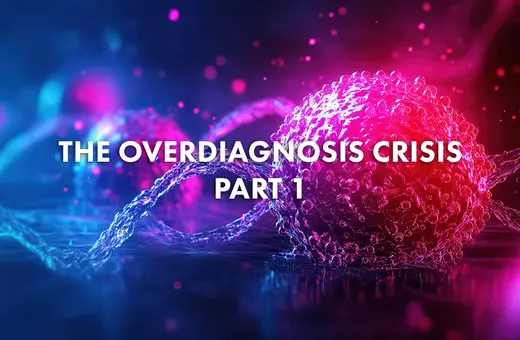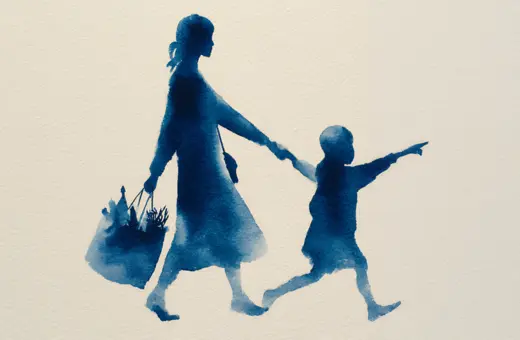Illness is a breathtakingly intense experience. It unsettles, and sometimes shatters, the most fundamental values and beliefs we hold. It is physically and emotionally draining. It can be physically and psychologically debilitating. Illness requires serious effort and continuous work to adapt practically to its limitations and to adjust psychologically to the pain, restricted horizons and frustration it brings. It forces the ill person and those around her to confront mortality in its most direct manifestation. In all of these ways illness requires labour, attention, and a conscious and sustained effort.
But, as I argue in my latest book, Phenomenology of Illness (OUP 2016), illness is also existentially and intellectually demanding – and potentially rewarding – in ways hitherto unexplored. Illness can challenge our most fundamental beliefs, expectations and values and this accords it a distinct and important philosophical role. For example, the belief that a longer life is better than a shorter life is one such belief that comes under intense scrutiny when one is given a poor prognosis. Perhaps a shorter but more meaningful life is equally valuable, or even better than a longer life? In what ways does the value of life depend on its duration? These are some of the questions that may arise in response to illness.
Many ill people report a change in their perception of space and time. Places that were ‘just round the corner’, things that were ‘easy to carry’, and events (like death) that were vaguely conceived as ‘a long way off’ change their meaning. For example, stairs that once led somewhere are now merely an obstacle for the paraplegic. Not only the contents of experience but also its structure and normative fit change in illness; we need to study these changes carefully.
I claim that in order to fully understand illness, it has to be studied as a lived experience. I use a phenomenological approach for this study. Phenomenology – the philosophical method for studying lived experience – is not a variant form of scientific enquiry, but a method for examining subjective and pre-theorised human experience.
___
"Illness is one path leading to philosophical reflection by calling us to question our understanding of the world, fundamental beliefs, habits, and expectations."
___
In the most general terms we can say that illness changes how the ill person experiences the world and how she inhabits it. Such a dramatic and overarching change to experience deserves, or often demands, philosophical attention. A common reaction to a diagnosis of illness is a sense of meaninglessness and despair. Such an event challenges the ill person to reflect on her life and search for ways of regaining its meaningfulness. As such, illness is one path leading to philosophical reflection by calling us to question our understanding of the world, fundamental beliefs, habits, and expectations. Illness often distances the ill person from her previous life and constitutes a violent invitation – or, again, demand – to philosophise.





















Join the conversation